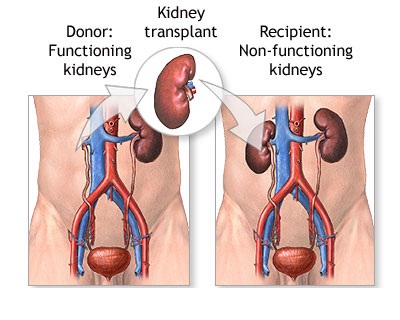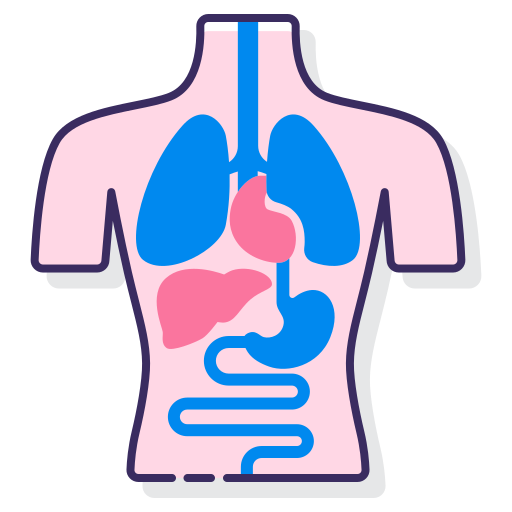A life-saving procedure for end-stage renal disease

Kidney failure, also known as renal failure, is a serious condition characterized by the diminished function of one or both kidneys. It can manifest as either acute, developing rapidly and sometimes being temporary, or chronic, gradually worsening over time. This condition is the most severe stage of kidney disease and can be fatal if left untreated, with survival limited to a few days or weeks without intervention.
Various factors can contribute to kidney failure, including underlying conditions like diabetes and high blood pressure, as well as acute kidney injuries. Symptoms of kidney failure encompass fatigue, nausea, vomiting, swelling, changes in urinary patterns, and cognitive impairment often described as brain fog.
Treatment options for kidney failure typically involve either dialysis or a kidney transplant. Dialysis serves to artificially perform the functions of the kidneys by filtering waste and excess fluids from the blood. Alternatively, a kidney transplant offers a more permanent solution by replacing the failed kidney with a healthy one from a donor. Early detection and management of underlying conditions are crucial in preventing or slowing the progression of kidney failure.
Kidney transplantation is a surgical procedure where a healthy kidney from either a living or deceased donor is surgically implanted into a recipient whose own kidneys are failing. It's considered the preferred treatment for individuals with kidney failure, offering a more permanent solution compared to lifelong dialysis. By replacing the failed kidneys, a transplant can effectively manage chronic kidney disease, significantly improving the recipient's quality of life for many years to come.
The kidneys are vital organs located on each side of the spine, just below the rib cage. They are responsible for several crucial functions in the body. Primarily, the kidneys filter waste and excess fluids from the blood, converting them into urine to be excreted from the body. Additionally, they play a key role in regulating blood pressure, electrolyte balance, and the production of red blood cells. Each kidney contains millions of tiny structures called nephrons, which are the functional units responsible for filtering the blood. The nephrons filter waste and reabsorb essential substances, maintaining the body's overall balance. Overall, the kidneys are essential for maintaining overall health and well-being by ensuring the body's internal environment remains stable.
In India, kidney transplantation has emerged as a successful and life-changing medical procedure,
offering renewed hope and improved quality of life to countless individuals suffering from end-stage
kidney disease. With advancements in medical technology and expertise in surgical techniques, kidney
transplantation in India has witnessed significant growth and success rates.
Renowned
medical institutions across the country specialize in performing kidney transplants, ensuring
comprehensive pre-operative evaluations, meticulous surgical procedures, and dedicated
post-operative care. Overall, kidney transplantation in India stands as a beacon of hope, providing
patients with a new lease on life and the opportunity to lead fulfilling lives.
 trasplantcost.com
trasplantcost.com
Our goal is to help patients feel good about our commitment to them, and that usually starts with helping them understand what they’ll go through.
Location, City, Mumbai
info@Transplantcost.com
+91 888 983678
© Info@Transplantcost.com. All Rights Reserved.